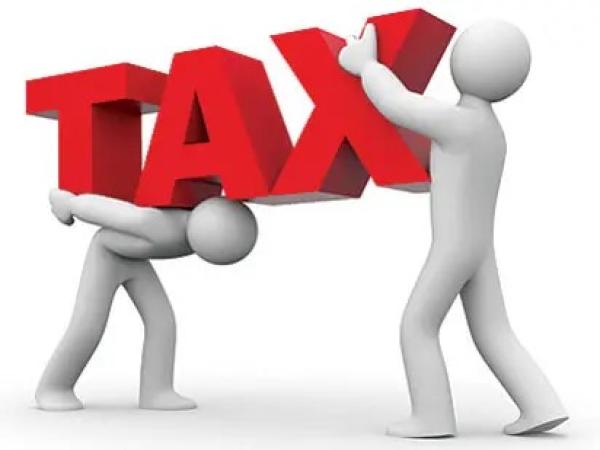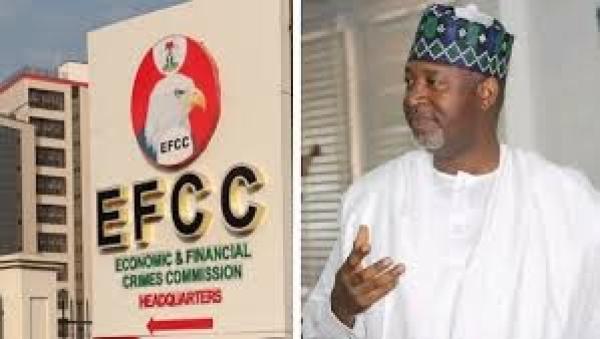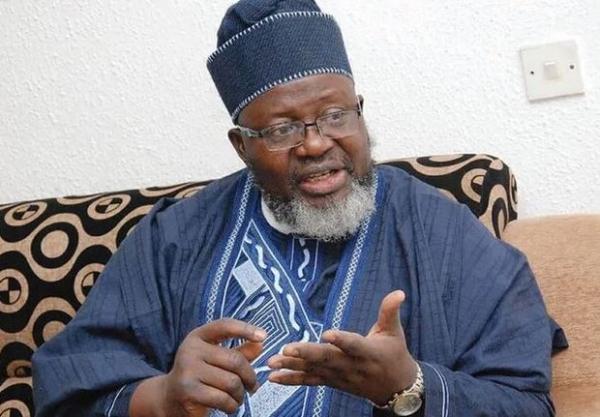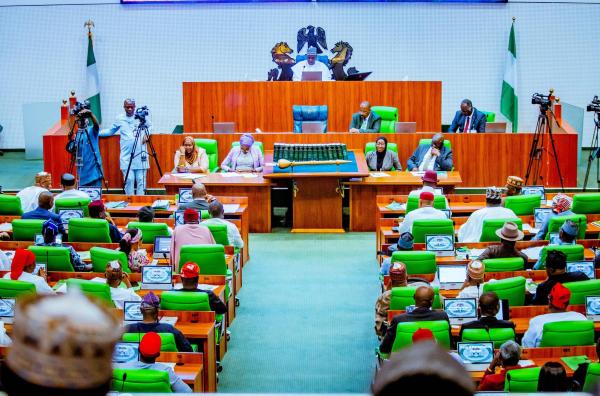
Ghanaian Minister of Planning, Professor George Gyan-Baffour
ACCRA, Ghana - Ghanaian Minister of Planning, Professor George Gyan-Baffour, said Ghana has made progress on many of the Sustainable Development Goals (SDGs) of the United Nations.
He stated that overall, poverty declined marginally from 24.2 per cent in 2013 to 23.4 per cent in 2017, with growth in domestic productivity, measured in Gross Domestic Product (GDP), accelerating to 8.1 per cent in 2017, thereby making Ghana the second fastest growing economy in Africa in that year
According to him, key macroeconomic indicators, including budget deficit, inflation and interest rates, were trending downwards, adding that trade balance recorded surpluses in 2017 and 2018, leading to an improved balance of payment position.
This was gathered from Ghana’s first Voluntary National Review (VNR) report on the implementation of the 2030 Agenda for Sustainable Development presented at the 2019 High Level Political Forum (HLPF) at the United Nations (UN), Graphic Online reports.
The forum forms part of the follow-up and review arrangement for the nation’s 2030 Agenda and provides a platform for reviewing progress of the implementation of the SDGs.
It is also aimed at providing a stage for mutual learning and forging of partnerships to accelerate the implementation of the SDGs.
The 2019 HLPF brought together over 2,000 participants from governments, businesses, academia, civil society organizations, youth groups, UN agencies, among others.
Touching on the social sector, Prof. Gyan-Baffour stated that access to education, especially at the senior high school (SHS) level, had generally improved.
He attributed that to the introduction of the government’s free SHS flagship initiative which resulted in an additional 271,000 students enrolling in SHSs in the 2017/18 and 2018/19 academic years.
Prof. Gyan-Baffour, who is also the Member of Parliament for Wenchi, added that gender parity had been achieved at the basic education level.
He said the proportion of the population with access to electricity had also improved from 70.6 per cent in 2013 to 81.1 per cent in 2017.
On the Ghanaian environment, he said there had been a marginal increase in the forest cover.
He said Ghana had resumed the implementation of a Forest Plantation Strategy, 2017-2040, to protect the forest cover to achieve the sustainable supply of planted forest goods and services.
The minister highlighted some important lessons learnt from the implementation of the SDGs, including the importance of developing strategic partnerships with key stakeholders; building strong linkages among the government, research institutions, academia, the private sector and other stakeholders for research and innovation; enhancing the capacity of sub-national structures for the effective implementation of the SDGs and mobilising adequate domestic resources to sustain and expand current interventions.
However, he hinted on some of the challenges to achieving the SDGs to include lack of sustained financing.
According to him, improving domestic resource mobilisation and leveraging available resources from the private sector would be required to accelerate the implementation of priority interventions.
Addressing data challenges associated with the implementation of the 2030 Agenda, he said the government was implementing a data road map with three priority areas for action, filling data gaps, encouraging data use and strengthening the data ecosystem.





















